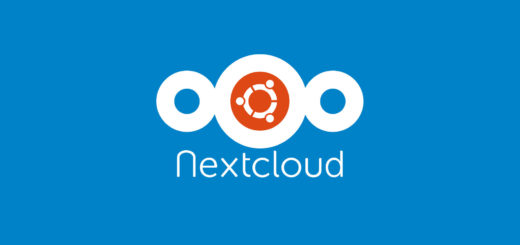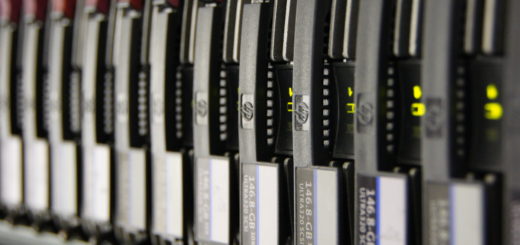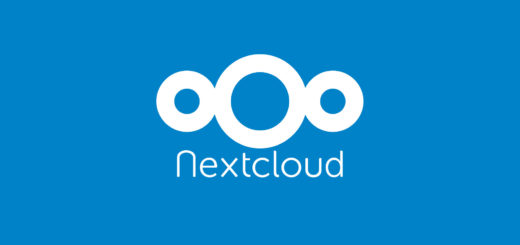Raspberry Pi 4: now with 4GB of RAM and 4K output

The Raspberry Pi is probably the most widely known System on a Chip. Loved by Makers, tinkered by countless human beings, and used for the most unthinkable applications, Raspberry Pi is (almost) everyone’s favorite. On June 23th 2019 the official site announced the availability of the Raspberry Pi 4. The new Pi has some trick up its sleeve, let’s take a look!
Raspberry Pi 4: what’s new?
The new Raspberry Pi 4 sports the following specs:
- A 1.5GHz quad-core 64-bit ARM Cortex-A72 CPU (~3× performance)
- 1GB, 2GB, or 4GB of LPDDR4 SDRAM
- Full-throughput Gigabit Ethernet
- Dual-band 802.11ac wireless networking
- Bluetooth 5.0
- Two USB 3.0 and two USB 2.0 ports
- Dual monitor support, at resolutions up to 4K
- VideoCore VI graphics, supporting OpenGL ES 3.x
- 4Kp60 hardware decode of HEVC video
- Complete compatibility with earlier Raspberry Pi products
Leaving aside the usual CPU upgrade, we get to see a change in Raspberry Pi usual configuration: RAM. The new Raspberry Pi will be available in three sizes: 1GB, 2GB and 4GB priced 35$, 45$ and 55$ respectively.
The second change that will matter a lot to many is the new Gigabit Ethernet and the two USB 3.0 ports. Finally, the Ethernet port will get its own controller. In all the previous models USB and Ethernet were combined and the overall throughput was limited to USB 2.0 speed. The Ethernet port has been moved to the upper right corner from lower right one which now features two USB 2.0 ports.
Raspberry Pi 4 video capabilities have been enhanced with a dual monitor support and 4k resolution (on both monitors). The full-size HDMI port has been replaced with two micro-HDMI ports.
The hidden cost: a USB-C charger for 8$
The new power input has been changed to USB-C. The same amount of power as the Raspberry Pi 3 is needed to operate the Raspberry Pi 4: 5V/3A. When the Raspberry Pi 3 was announced, some people complained about the new power requirements, and ever since it has been difficult to find a good power adapter (if you try to recycle your phone’s, tough luck). It seems that it will be even more difficult finding a good power adapter with a USB-C connection, that’s why the Raspberry Pi Foundation has been working with Ktec to create a suitable power adapter. The cost? 8$.
- 2020 A year in review for Marksei.com - 30 December 2020
- Red Hat pulls the kill switch on CentOS - 16 December 2020
- OpenZFS 2.0 released: unified ZFS for Linux and BSD - 9 December 2020









Recent Comments